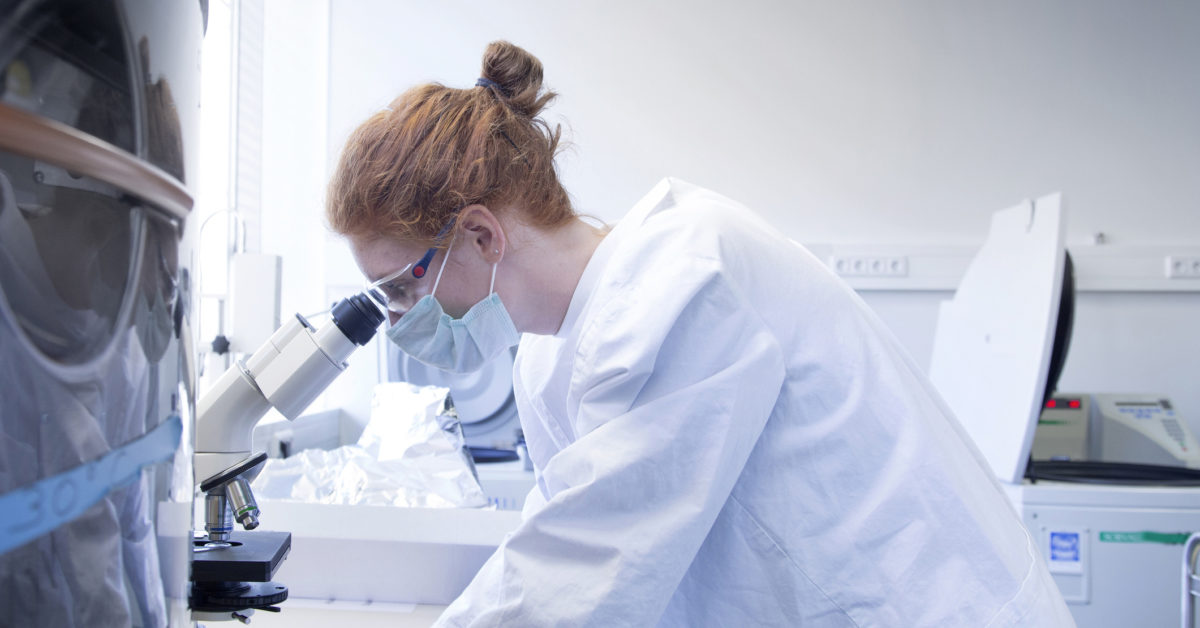The bacteria living in our guts play a major role in health, and some studies have found an association between ethnicity and the makeup of these microbial communities. So will doctors of the future prescribe ethnicity-specific probiotics?

We share our bodies with a vast community of bacteria. According to the latest estimate, the human body contains about 38 trillion bacterial cells and approximately 30 trillion human cells.
Scientists know that this community of gut bacteria, or microbiota, plays a role in healthy digestion and immune function. This has spurred sales of probiotics that manufacturers promote as boosting populations of “friendly” bacteria. Many of these products’ supposed health benefits remain unproven, however.
Studies have nonetheless found strong associations between particular species of gut bacteria and a range of diseases, including obesity, inflammatory bowel disease (IBD), and colorectal cancer.
Fecal transplants from healthy individuals can restore populations of beneficial gut bacteria and displace disease-causing species. For example, they have shown promise at suppressing Clostridium difficile, a bacterium that can cause life-threatening diarrhea and inflammation of the colon.
However, in June 2019, the Food and Drug Administration (FDA) issued a safety warning about the risk of developing bacterial infections due to transplanting fecal microbiota.
There is also some evidence that fecal transplants can treat a range of other disorders associated with disturbances in the microbiota, including IBD and obesity, among other diseases.
Each person’s gut microbiota is unique, but shared factors and characteristics, such as diet, age, sex, lifestyle, and genetics, influence it.
A study by scientists at Vanderbilt University in Nashville, TN, published in the journal PLoS Biology in 2018, found that a person’s ethnicity is a better predictor of the microbial community in their gut than other variables, such as body mass index (BMI), age, and sex.
Other research suggests that gut microbiota has associations with health disparities between ethnic and racial groups, such as increased incidence of colorectal cancer in African Americans and increased incidence of obesity and type 2 diabetes in Mexican Americans.
This raises the intriguing possibility that doctors could adjust a person’s bacterial communities — perhaps using fecal transplants or probiotics — according to their ethnicity or race.
The Vanderbilt University scientists studied data on the gut microbiota of almost 1,700 people from the American Gut Project and Human Microbiome Project, identifying 12 bacterial groupings, or taxa, that consistently varied between ethnic groups.
“If you look at common factors associated with gut microbiome differences, such as gender, weight, or age, you find many inconsistencies in the types of gut bacteria present,” said biologist Seth Bordenstein, senior author of the study.
“But when we compare differences by patients’ self-declared ethnicities, we find stable and consistent features of bacteria present in the gut.”
Bordenstein directs the Vanderbilt Microbiome Initiative, a collaboration between five Vanderbilt schools and colleges investigating the human microbiome: the collective genetics of our microbiota.
The ultimate objective of the initiative is to develop probiotic treatments as a form of precision medicine tailored to the genetics, metabolism, and microbiome of particular individuals or groups.
“You may buy probiotics over the counter at a drugstore, but those are unlikely to affect your microbiome in a substantial way,” said Bordenstein. “They often are at too low a dose, and they may not even be viable bacteria. Moreover, one size may not fit all.”
“But with more of this kind of research, we can hone in on the relevant differences and doses of bacteria that may reverse illness or prevent it from developing in the first place.”
The majority of the bacteria identified in the study are partly heritable. Heritability is a measure of the extent to which differences between people’s genes account for differences in their characteristics, or traits — in this case, their gut microbiota.
The research at Vanderbilt suggests that self-identified ethnicity, which is partly determined by the genes a person inherited from their parents, plays a role in the type of bacteria that live in their guts. This, in turn, may help to shape their effect on health.
But human beings are much more than the product of their genes. A complex interplay of genetic and environmental influences determines who we are, and the relationship between ethnicity, health, and gut microbiota is no exception.
The ethnic group with which people identify en

